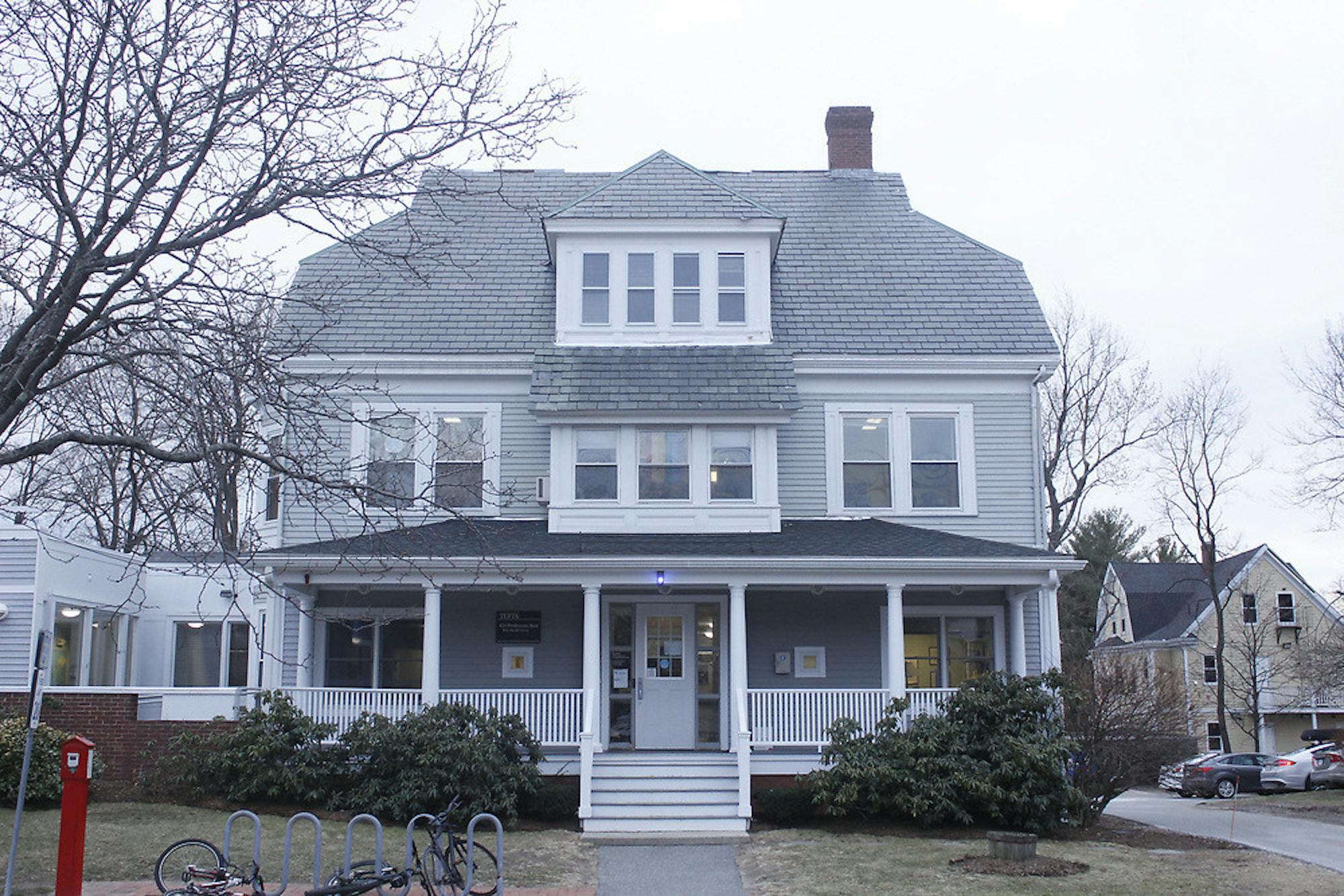As monkeypox continues to spread in the United States, Tufts health personnel have shared advice with the Daily on ways students can avoid contracting the disease. A rare disease that is endemic to several Central and West African countries, monkeypox was reported in Europe earlier this year. Since then, the disease has spread to the United States.
Ramnath Subbaraman, an assistant professor in the Department of Public Health and Community Medicine at Tufts University School of Medicine and an attending physician at Tufts Medical Center, said that the current strain of monkeypox is similar to smallpox, albeit much less severe.
“[Smallpox] had a much higher case fatality rate,” Subbaraman said. “Out of the more than 30,000 individuals who’ve been documented to have experienced monkeypox in the current outbreak, only about a dozen people have died from the infection.”
The current strain of monkeypox may have originated in Nigeria in 2017, where person-to-person contact was the primary mode of transmission.
Most people with monkeypox reported symptoms of rash, fatigue, fever and chills. The rash consists of blister-like lesions, which generally appear around the genitals or anus.
Medical Director of Health Service Marie Caggiano wrote in an email to the Daily that students who experience the aforementioned symptoms should contact Tufts Health Service.
“If residential students are exposed, they should notify Tufts Health Service at 617-627-3350,” Caggiano wrote. “If they are experiencing symptoms, they should notify Tufts Health Service and also avoid close contact with others, until they are evaluated by a healthcare professional.”
If diagnosed with monkeypox, Caggiano advises a person should avoid close contact with others, wear a mask and completely cover the rash.
“Residential students diagnosed with monkeypox will be assigned to temporary isolation housing and will receive meal delivery. Students living within driving distance who can return home without using public transportation will isolate at home.”
As of Sept. 2, 317 cases of monkeypox have been reported in Massachusetts, out of 19,962 cases nationally. Currently, data on individual cases per city in Massachusetts is unavailable.
“The mode of spread for our 2022 monkeypox outbreak has largely been close intimate contact with the rash or blisters of an individual with monkeypox,” Subbaraman said. “During our current outbreak, this means that monkeypox has largely been spread through sexual contact or other forms of intimate contact.”
According to the Centers for Disease Control and Prevention, monkeypox can be spread by skin-to-skin contact, contact with respiratory secretions from an infected individual or contact with objects or fabrics that have been touched by an infected individual.
In an email to the Daily, University Infection Control Health Director Michael Jordan wrote that an individual with monkeypox is “infectious to others from the time symptoms start until the rash has fully healed and a fresh layer of skin has formed. The illness typically lasts 2–4 weeks.”
During the current monkeypox outbreak, patients have mainly been gay, bisexual or queer men and transgender and nonbinary people who have sex with men; however, Jordan dispelled the misconception that only members of these groups can contract the disease.
“Anyone can be infected with monkeypox regardless of gender identity or sexual orientation,” Jordan wrote. “Inaccurate media messaging that this is somehow a ‘gay illness’ is wrong.”
Subbaraman also made clear that any individual can contract monkeypox.
“Anyone who has close personal contact with someone with possible monkeypox blisters could be at risk,” he said. “This includes people of any gender identity or sexual orientation, and indeed a small number of women and children have been affected.”
Subbaraman suggested that like COVID-19, frequent testing and vaccination could curb the spread of monkeypox. Additionally, according to CDC data, monkeypox cases are beginning to decline nationwide.
“Testing widely and frequently has the potential to curb transmission of any infectious disease by identifying individuals who may be affected so that they can isolate,”Subbaraman said. “Testing can also enable contact tracing so that [exposed individuals] can be notified to avoid further contacts.”
A monkeypox vaccine, named JYNNEOS, was approved for use by the Food and Drug Administration in 2019. On Aug. 18, healthcare providers in Massachusetts began injecting JYNNEOS intradermally, or just under the skin, rather than intramuscularly, thus the number of available doses increased fivefold.
Due to a limited supply of monkeypox vaccines, only those who have either had contact with an individual with the disease or had multiple sexual partners in the last fourteen days in a jurisdiction with confirmed monkeypox cases are eligible to receive a monkeypox vaccine in Massachusetts.
“Ideally, people would get two doses, but right now the [Massachusetts Department of Public Health] is prioritizing getting a first dose out to as many people as possible to provide some protection against infection,” Subbaraman said.
Those who are eligible for vaccination can schedule an appointment at one of several medical centers and clinics around Boston. Additionally, Tufts will continue to update its monkeypox guidance page as university policy changes and more data on the disease becomes available.






